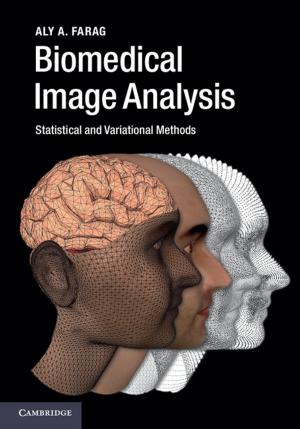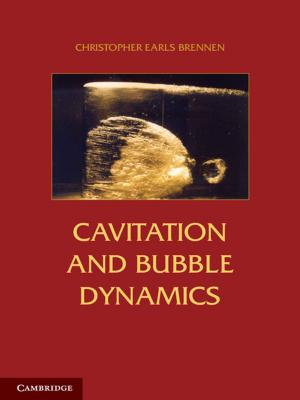Theology without Metaphysics
God, Language, and the Spirit of Recognition
Nonfiction, Religion & Spirituality, Theology, Philosophy| Author: | Kevin W. Hector | ISBN: | 9781139152983 |
| Publisher: | Cambridge University Press | Publication: | September 15, 2011 |
| Imprint: | Cambridge University Press | Language: | English |
| Author: | Kevin W. Hector |
| ISBN: | 9781139152983 |
| Publisher: | Cambridge University Press |
| Publication: | September 15, 2011 |
| Imprint: | Cambridge University Press |
| Language: | English |
One of the central arguments of post-metaphysical theology is that language is inherently 'metaphysical' and consequently that it shoehorns objects into predetermined categories. Because God is beyond such categories, it follows that language cannot apply to God. Drawing on recent work in theology and philosophy of language, Kevin Hector develops an alternative account of language and its relation to God, demonstrating that one need not choose between fitting God into a metaphysical framework, on the one hand, and keeping God at a distance from language, on the other. Hector thus elaborates a 'therapeutic' response to metaphysics: given the extent to which metaphysical presuppositions about language have become embedded in common sense, he argues that metaphysics can be fully overcome only by defending an alternative account of language and its application to God, so as to strip such presuppositions of their apparent self-evidence and release us from their grip.
One of the central arguments of post-metaphysical theology is that language is inherently 'metaphysical' and consequently that it shoehorns objects into predetermined categories. Because God is beyond such categories, it follows that language cannot apply to God. Drawing on recent work in theology and philosophy of language, Kevin Hector develops an alternative account of language and its relation to God, demonstrating that one need not choose between fitting God into a metaphysical framework, on the one hand, and keeping God at a distance from language, on the other. Hector thus elaborates a 'therapeutic' response to metaphysics: given the extent to which metaphysical presuppositions about language have become embedded in common sense, he argues that metaphysics can be fully overcome only by defending an alternative account of language and its application to God, so as to strip such presuppositions of their apparent self-evidence and release us from their grip.















